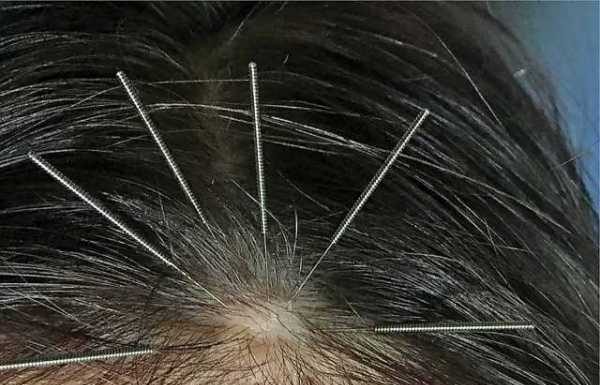The severity of loss of hair in both males and females globally is no rib-tickling matter as it drags confidence down, among other issues.
The chaotic Oscar slap from Will Smith in defence of his wife from a supposed joke cracked by Chris Rock at least raised awareness of alopecia worldwide.

The Sunday World got into a conversation with an expert in alopecia, Dr. Alexander’s Hair Loss Clinic founder, Dr. Kevin Alexander, to understand the hair loss condition.
He explained that alopecia is the thinning or complete loss of hair, depending on the type of alopecia one is suffering from. He broke down the condition into four types, which all require specific attention and treatment for hair regrowth.
The most common is the androgenetic alopecia, a genetically linked permanent loss of hair from the scalp causing baldness in men and women. He says this is what he works on at least 95% of the time at the clinic.
Then there is the autoimmune alopecia, also known as alopecia areata. This is a sudden hair loss condition that happens when the immune system attacks hair follicles. This condition also affects children as young as four and can be severe during the puberty stage as they get teased at school and start realising some challenges as they grow.
“This is the one that has been in the news lately with Will Smith’s wife and that’s the one that presents with a missing patch, then there is no hair whatsoever and it spreads and encompasses the whole hair region,” said Dr. Alexander.

He says traction alopecia was caused by constantly pulling your hair either by having tight braids or a tight ponytail. The hairline continues to recede and it is a struggle for hair to regrow in the area.
The last one is stress-related alopecia. It was found a stress hormone can impair stem cells necessary for hair growth. This can be caused by thyroid abnormalities, iron deficiency, post-pregnancy, and menopause, among other triggers.
“Alopecia can absolutely be treated and we are at the forefront when it comes to the treatment of the alopecia androgenetica.
We compound prescription tropical medicines, which are quite unique… We actually send them all over the world.
“We’ve been able to reverse the condition in hundreds, if not thousands of patients and sustain it because it’s not a curable condition, it’s just controllable, which means that you need to continue using treatment to maintain it, much as a doctor would control blood pressure or cholesterol,” he said.
With alopecia areata, they bring patients in and give them injections, which have proven to be successful, but the condition can always reoccur in the future – but there are new pills still in the research and believed to help with this treatment.
Determining if the treatment was expensive would be guided by a patient’s preferred treatment and how many products or medicines they use. He says it can all range between R200 to R1 500 a month.
“I work with people according to their budget. We will generally try and find the best compromise that suits the patient’s budget and at the same time find the best possible outcome, of course, the injection programme can also be reasonably expensive, but again we do make a plan and try and make it as affordable as possible.”
He says more than 50% of men and women suffer from the alopecia and this needs attention in South Africa and around the world.
Follow @SundayWorldZA on Twitter and @sundayworldza on Instagram, or like our Facebook Page, Sunday World, by clicking here for the latest breaking news in South Africa. To Subscribe to Sunday World, click here.




